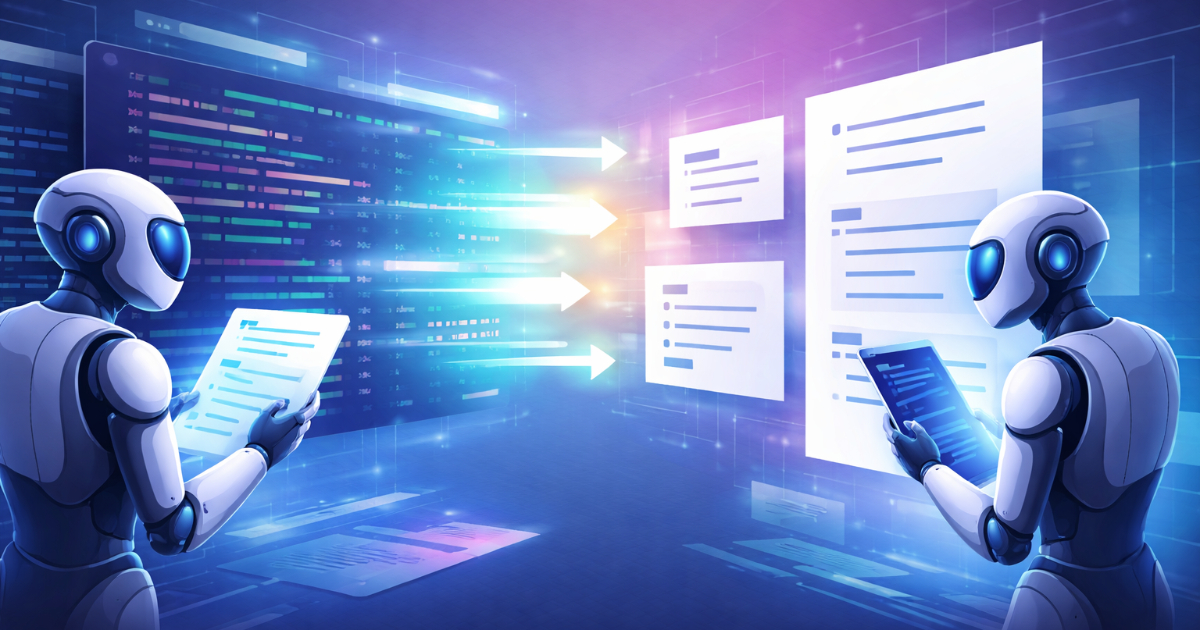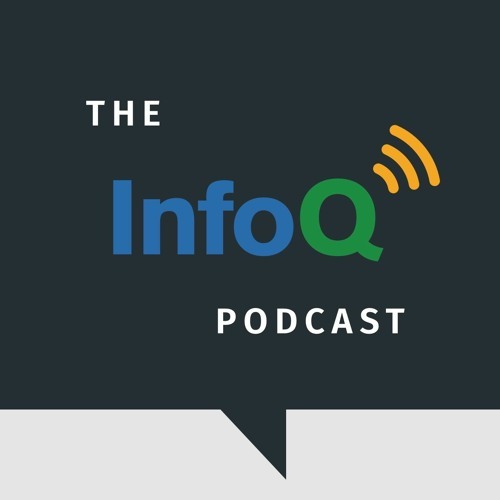Codetown
Codetown ::: a software developer's community
Why Clojure?
My bud Matt Raible blogged about reading a Scala book and I mentioned Stuart Holloway's "Programming Clojure"
Good question. Eric Lavigne said a few things about Clojure that caught my attention:
"My knowledge of Groovy and Scala are very limited, but here are my impressions relative to Clojure.
Scala seems like a good programming language. Its static typing reduces its flexibility compared to Clojure, but may still be a good deal because it helps with catching errors more quickly. Scala also has been around longer than Clojure, and has used that time to develop more sophisticated libraries than are available for Clojure right now. So why is Clojure still worth learning? Scala gets much of its flexibility from having a lot of features built into the language. Clojure has a small number of language features that are carefully chosen to work well together. The result is a language that is both very flexible and very easy to learn.
One of the design goals of Groovy was to be compatible with Java code, but providing some extra features, just as C++ was designed to be compatible with C. This is a good thing if you have a lot of Java code that you want to migrate, or if you are uncomfortable with learning something new. However, Java is inflexible and overly complicated, and trying to maintain compatibility with Java prevented Groovy from being much better than Java. I quickly lost interest in Groovy so it's possible that I missed something - I would love to hear what advantages Groovy has compared to Scala or Clojure."
There's a Clojure group on the web and this spawned a discussion there entitled "Matt Raible: "Why is Clojure better than Scala or Groovy?"
Let's discuss this! There's a Clojure group... http://www.codetown.us/group/clojure Let's dip our feet in and see what all the talk is about. I'll start a discussion there. You can join in on the discussion: "Why Clojure?" in the Clojure group, where it belongs.
I am going to take another look at Eric's Clojure code that won the CodeTown Coding Contest #1 on Wari. It's a great way to see how things work from a practical perspective. The Compojure web framework is also something I want to see... Stay tuned!
Comment
-
Comment by Michael Levin on January 19, 2010 at 11:32am
-
What are some examples where Clojure has fewer issues, Jackie?
-
Comment by Jackie Gleason on January 19, 2010 at 11:18am
-
I love Groovy but Clojure does seem to give you a lot of the simplicity with less byte code issues (although scala seems pretty good here). For now, however, I will continue using Groovy :-)
Notes
Welcome to Codetown!
 Codetown is a social network. It's got blogs, forums, groups, personal pages and more! You might think of Codetown as a funky camper van with lots of compartments for your stuff and a great multimedia system, too! Best of all, Codetown has room for all of your friends.
Codetown is a social network. It's got blogs, forums, groups, personal pages and more! You might think of Codetown as a funky camper van with lots of compartments for your stuff and a great multimedia system, too! Best of all, Codetown has room for all of your friends.
Created by Michael Levin Dec 18, 2008 at 6:56pm. Last updated by Michael Levin May 4, 2018.
Looking for Jobs or Staff?
Check out the Codetown Jobs group.
InfoQ Reading List
Cloudflare Debuts Markdown for Agents and Content Signals to Guide AI Crawlers

Cloudflare has introduced “Markdown for Agents,” a feature that lets AI crawlers request Markdown versions of web pages. The company pairs the feature with a proposed “Content Signals” mechanism that lets publishers declare whether their content may be used for AI training, search indexing or inference.
By Matt FosterPresentation: What I Wish I Knew When I Started with Green IT

Ludi Akue discusses how the tech sector’s rising emissions impact our global climate goals. Drawing from her experience as a CTO, she explains seven key lessons for implementing Green IT. She shares insights on LCA assessments, the paradox of microservices, and why FinOps doesn’t always equal green.
By Ludi AkueVue Router 5: File-Based Routing Into Core with No Breaking Changes

Vue Router 5.0 has integrated unplugin-vue-router into its core, enhancing file-based routing and TypeScript support. This transition release boasts no breaking changes, simplifies dependencies, and introduces experimental features like data loaders and improved editor tooling. Ideal for Vue.js developers, it positions itself as a bridge to the upcoming ESM-only version 6.
By Daniel CurtisPodcast: [Video Podcast] AI Autonomy Is Redefining Architecture: Boundaries Now Matter Most

This conversation explores why generative AI is not just another automation layer but a shift into autonomy. The key idea is that we cannot retrofit AI into old procedural workflows and expect it to behave. Once autonomy is introduced, systems will drift, show emergent behaviour, and act in ways we did not explicitly script.
By Jesper LowgrenGoogle Launches Automated Review Feature in Gemini CLI Conductor

Google has enhanced its Gemini CLI extension, Conductor, by adding support for automated reviews. The company says this update allows Conductor "to go beyond just planning and execution into validation", enabling it to check AI-generated code for quality and adherence to guidelines, strengthening confidence, safety, and control in AI-assisted development workflows.
By Sergio De Simone
© 2026 Created by Michael Levin.
Powered by
![]()
You need to be a member of Codetown to add comments!
Join Codetown